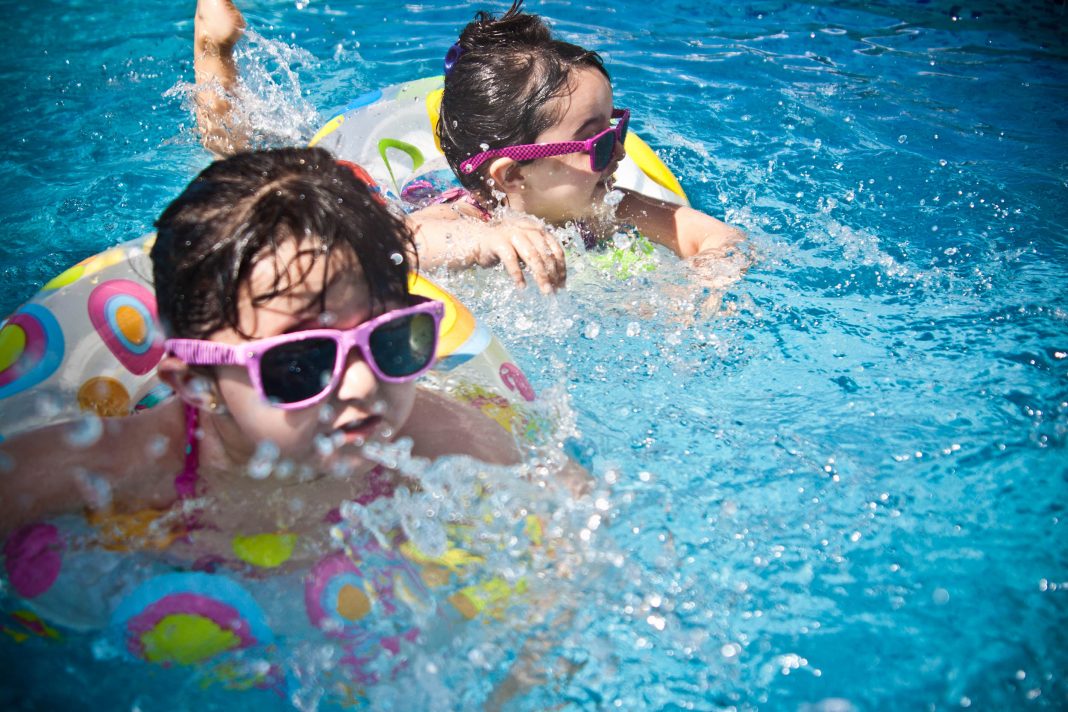Virtually every summer there are drownings in private community swimming pools across the province, and only last week, at the Aldeas de Aguamarina urbanisation in Cabo Roig, 3 year old Avery Greene tragically lost his young life in one such community.
The shameful reality is that, of the 7,000 private swimming pools in urbanisations across the Alicante region, only 140 employ the services of a lifeguard. So have we really become such an uncaring society where financial considerations are put above those of a young life?
It is a National Outrage that the number of attended pools equates to just one in fifty in this part of Spain, but even ther, where such a provision is made, hundreds of holidaymakers largely ignore community rules in respect of opening times, as is evidenced by many of the drownings occuring ‘out of hours’ when the pools are mostly unattended by suitably trained staff.
However, unless the situation changes and Community Presidents and their owners start putting the matter of safety before their own financial considerations, the situation will remain exactly as it is!
Although there are no statistics available for the figures quoted, the numbers mentioned are an estimate obtained from the Provincial College of Property Administrators, which adds that the Federación de Salvamento strongly advise that such a lifeguard service is provided even where it is not mandatory.
But, human nature being what it is, administrators, community presidents and owners generally opt for lower costs, even by sacrificing their own security, however, in the case of an accident or a drowning, any saving made would be paltry in comparison to the liability that urbanisations could possibly face.
When there is such an accident, the civil fines range between 300 and 30,000 euros, and much more if it results in a drowning. Regional law obliges the communities of owners to take out insurance ranging between 150,000 euros for a pool with a capacity of up to 25 people and 1.8 million for more than 5,000 people (water parks).
Currently in the province there are about 7,000 urbanisations with swimming pools, most of which are situated in Torrevieja, Santa Pola, Arenales del Sol (Elche), Alicante, Benidorm, Altea and Dénia. Of these, there are only about 140 that have a lifeguard. In Alicante itself, according to municipal sources, there are 766 private community swimming pools, the majority around San Juan, of which just 14 employ the services of a swimming pool attendant.
Most of those with lifeguards are large and were built before 1991, the year in which the law was changed, and which now establishes the need of employing trained rescue personnel for pools of 200 square meters or more. “Prior to that year all of the pools were situated in urbanisations where there were just seven or eight buildings,” explained a spokesman for del Colegio de Administradores de Fincas, “so they were generally quite small.”
The regional legislation on swimming pools is based on the fact that each person occupies two square metres so, on average, it is estimated that there would need to be 100 people before it became necessary to employ a lifeguard. The Generalitat therefore excludes from the concept of collective use those single-family swimming pools and those in communities with a capacity of less than 100 people. But while this is the case in the Valencian Community, in Madrid any urbanisation with more than 40 people needs a lifeguard.
Every summer the Colegio de Administradores de Fincas sends a circular to all communities that have swimming pools, recommending that they employ a lifeguard as a means of accident prevention. But each urbanisation is allowed to make its own decision, which we all know is largely based by the owners on their own financial considerations and the need to keep community fees as low as possible.
The comunidades de propietarios (communities of owners) also shows contempt for the law by often reducing the perimeter of their pools: if the area of water is 199 m2 they are no longer obliged to hire a lifeguard, and of course the other urbanisations that do hire lifeguards often do so only during the busiest hours, so those before 10am and perhaps the hours after 6pm, when the pools are still very much in use, are largely unmanned by safety personnel.
The Federación Española de Salvamento has always recommended that a lifeguard is engaged during the summer peak season “because a death can be avoided and with it a whole family destroyed,” says Jessica Pino, spokesman for the group, who also insists that a child must never be allowed to bathe alone in a pool, and that is the responsibility of the parents to accompany them at all times when they are in such an environment.
She said that Lifeguards are essential to making summertime fun experiences safe and secure. “When parents are often not around or distracted with their phones, or children are cared for by their aging grandparents, it is all the more important to have professional and attentive lifeguards at all times”.
But the sad reality is that financial considerations will always pay a large part in the decision of any urbanisation to employ a lifeguard, and with salaries costing about 1,300 euros a month for just one guard, in order to provide pool safety from 8am to 8pm every day during the holiday period, it would cost an urbanisation an extra 7,500 euros for the season, and try getting that approved at a community AGM!
Photo by Juan Salamanca from Pexels





